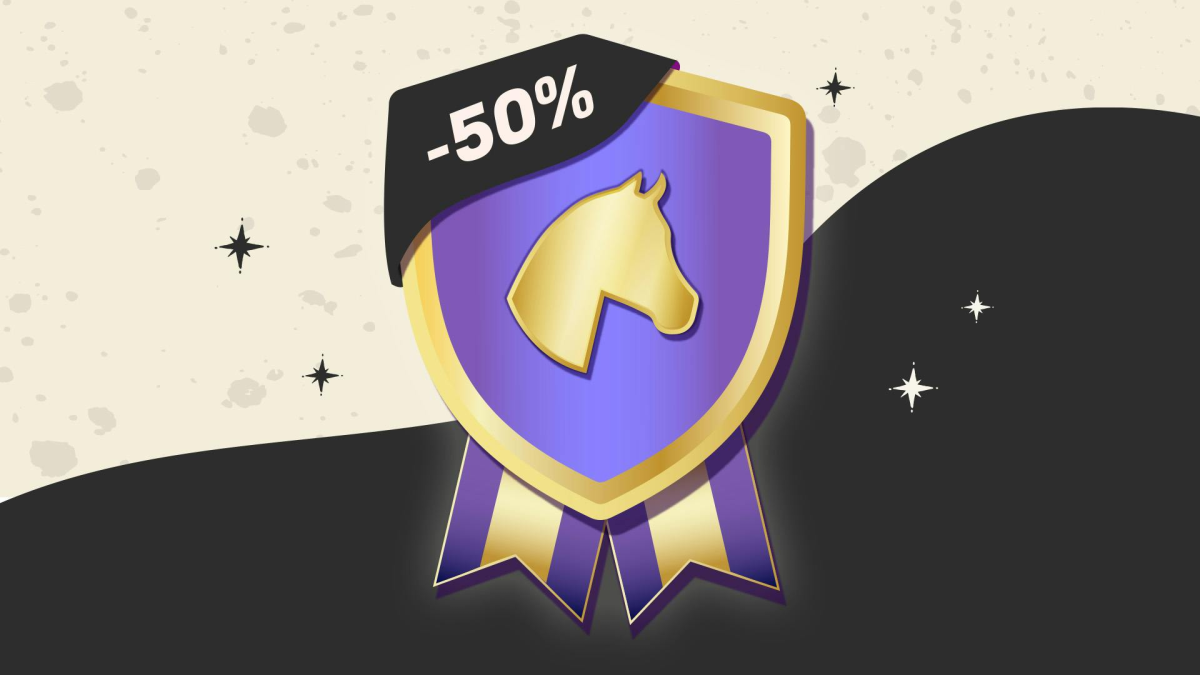Diablo IV, Halo Infinite, and Pokémon Go are only a few of the many games tainted by microtransactions. Unfortunately, this is a common and expected practice, particularly for mobile or PC games with a competitive scene. Gamers and governments alike have viewed everything from loot boxes to downloadable content as predatory, especially when impressionable young people make up a significant part of the audience.
The European Union (EU) is starting to take action to stop in-game currencies. EU policymakers have taken a bold stance. They suggest these purchases manipulate players to continually make purchases, whether for a temporary power-up or access to additional levels.
Recent attention has been paid to Star Stable Entertainment, the producer of Star Stable Online. The Consumer Protection Cooperation Network (CPCN) is asking the company to increase transparency about the value of in-game currency. The game’s financial system is not a one-to-one representation of the country’s money. In other words, the world’s star coins do not translate to Euros, which could confuse players about how much value they get for their real money.
 See full article at The Outehaven
See full article at The Outehaven
